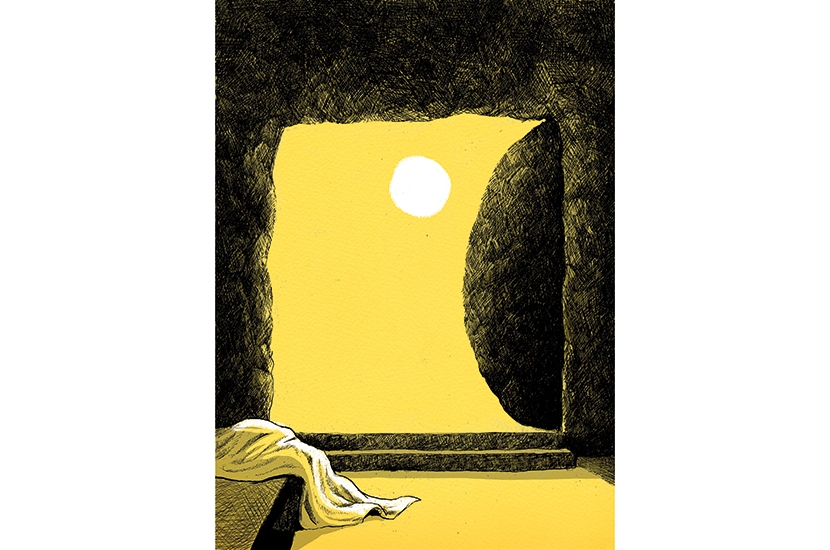I was raised Christian and the more I’ve thought about it, the more curious something about my upbringing seems. My church was constantly denying it was ‘religious’. By any objective social–scientific measures, the community was decidedly religious. Maybe we weren’t that organised (there was no website), but we recited historic creeds, we submitted to the authority of a sacred text and we practised ancient rituals. We identified with the worldwide institutional expression of the body of Christ, yet we still liked to say we weren’t ‘religious’. Throughout my childhood I was reminded in sermon after sermon that we were ‘-Spiritual but not Religious’.
One reason for this was a sincere desire to avoid religiosity: going through the motions when your heart’s not in it. But another reason, I think, was marketability. We knew that the pews were emptying, and we knew that as the practice of religion waned, talk of spirituality flourished.

Get Britain's best politics newsletters
Register to get The Spectator's insight and opinion straight to your inbox. You can then read two free articles each week.
Already a subscriber? Log in






Comments
Join the debate for just $5 for 3 months
Be part of the conversation with other Spectator readers by getting your first three months for $5.
UNLOCK ACCESS Just $5 for 3 monthsAlready a subscriber? Log in